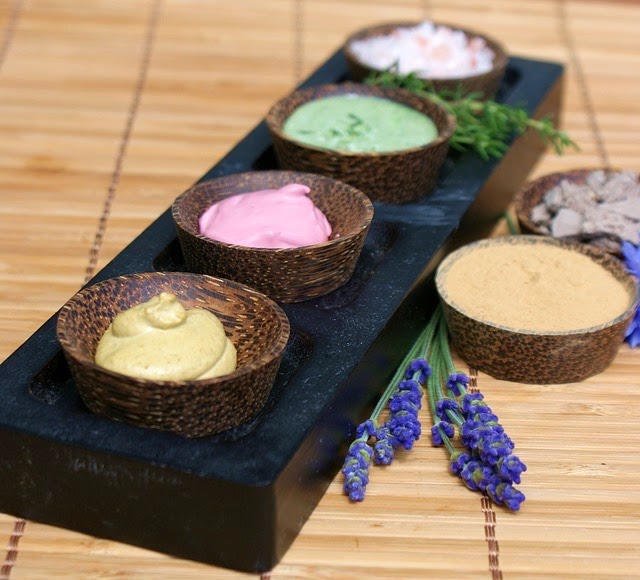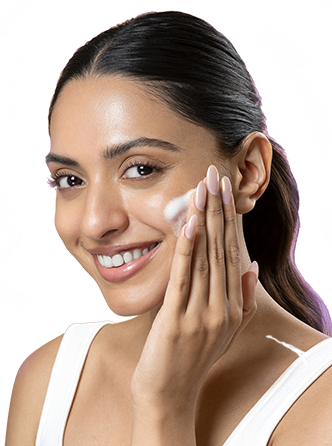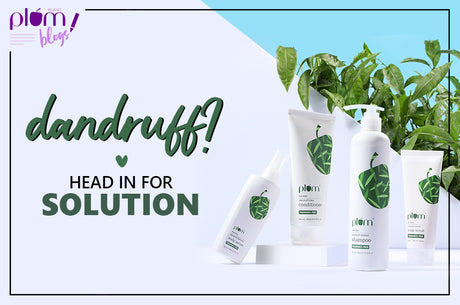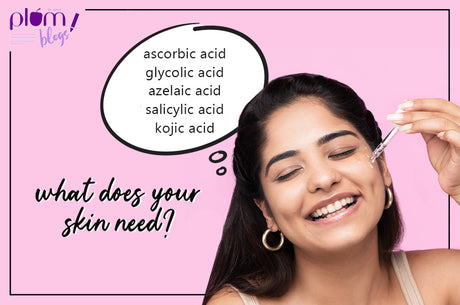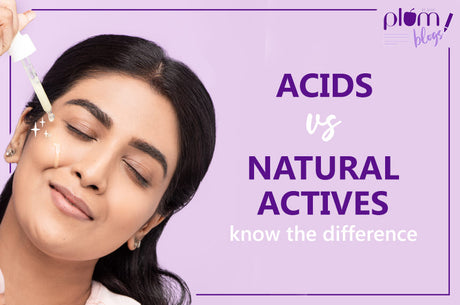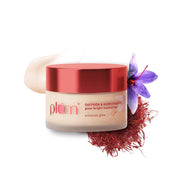Herbal is green & safe. Natural is chemical-free. Ayurvedic: medicinal goodness. Organic: intensely natural, free of chemicals and GMO. Great perceptions. But are all these perceptions borne out in reality? What really do brands mean when they use these terms? Are there any global/local standards? Time for answers! First up, there is no global standard for any of these. Every country, and sometimes provinces, set their own rules, if at all. Which leaves a lot of scope for, let's say, imagination... Let's look at what these terms really mean, in simple terms:
Herbal
Incorporation of parts per thousand or even parts per million of any "herb" makes something a "herbal formula" in most countries. A herbal shampoo, for instance, may be nothing but a (chemical) surfactant base spiked with a few drops of neem oil - and of course, coloured green. "Herbal" is the most loose of terms out there, looking at the checklist below.
- Are there global/local standards? No
- Are the standards legally binding? No
- Is there a minimum % level of herbs necessary to call something herbal? No
- Are there raw material standards? No
- Are there product efficacy norms? No
Natural
A slightly tighter definition, but not everywhere. I am amazed to see hair colours call themselves "natural". Peroxide and ammonia with a few drops of olive oil - natural? really? One standard for natural cosmetics that we like is the
NPA standard in the US. Unfortunately, it is not mandatory, even in the US, to follow this standard to call something "natural".
So, when you see "natural" somewhere, check out the
ingredient list to see if it really is!
- Are there global/local standards? Yes, but not everywhere
- Are the standards legally binding? No
- Is there a minimum % level of ingredients necessary to call something natural? No
- Are there raw material standards? Yes, but not everywhere
- Are there product efficacy norms? No
Ayurvedic
Almost exclusively India-centric, ayurvedic medicine is known for its patient-specific approach and natural ways to treat conditions. Unfortunately, one can't say the same for "ayurvedic cosmetics", or even "proprietary ayurvedic medicines" sold for cosmetic purposes. A reference to a herb's action in ancient texts, and a factory that complies with the regulatory standards is often what is required to start making ayurvedic products. There is no exhaustive list of positive and negative ingredients to make ayurvedic cosmetics, which makes this only slightly better than the natural/herbal categories, if at all.
- Are there global/local standards? Yes, in India
- Are the standards legally binding? Yes, in India
- Is there a minimum % level of ingredients necessary to call something ayurvedic? No
- Are there raw material standards? To an extent, in India
- Are there product efficacy norms? No
Organic
Thanks to organic food, consumers are now aware of what really constitutes organic. There are certifying bodies in virtually every major country that set standards, award certificates and monitor compliance for organic cosmetics. Some well-known organic standards are: Ecocert, Biogro, Cosmos, Soil Association, USDA Organic, BDIH and ACO. Not all of them are legally binding, but if you really care about what goes on to your skin (and inside your body), look for a certified organic product.
- Are there global/local standards? Yes, there are many
- Are the standards legally binding? Yes, in some countries
- Is there a minimum % level of ingredients necessary to call something organic? Yes
- Are there raw material standards? Yes
- Are there product efficacy norms? No
Parting thoughts
As one can see, "natural" products come in many shades, with certified organic products being the only ones checking most boxes. We will leave you with 3 tips to make sure you are using safe products:
- Don't blindly believe claims of herbal, natural, ayurvedic or organic.
- Always read the ingredient list. Ask for one if there isn't one.
- Look for certification from a reputed certifier.
Cheers, Be Good!


